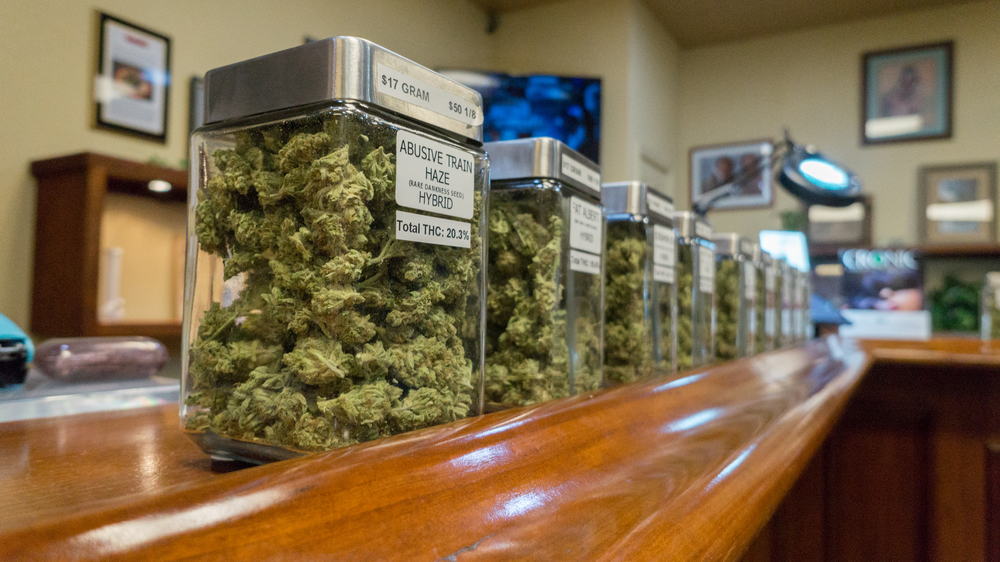States with legal medical cannabis programs tend to measure the success of such programs by the number of card holders they register. In Utah, there were just 11,000 medical cannabis card holders in 2020. They are now up to 60,000 at the time of writing (March 2023). That is quite an increase. But it still doesn’t equate to a stronger or more profitable market.
A recent news story out of Fox 13 in Salt Lake City details just what Utah’s legal medical cannabis market is up against. Despite the fact that Utah seems to be doing everything right, making it in the Beehive State’s medical cannabis industry is not necessarily easy. It is actually pretty hard more often than not.
Table of Contents
About Those Medical Cannabis Cards
In relation to Utah’s medical cannabis cards, the numbers far exceed anything lawmakers predicted when they launched the state’s medical cannabis program back in 2019. Even cannabis advocates were not expecting so many patients to sign up so quickly.
On the one hand, you could make the case that increasing card registrations six-fold is a sign of success. And if the number of cards a state issues is the only measure, then success has been achieved. But are there other ways to measure the market? Sure there are. You can also measure it by retail sales, tax revenue, production volume, etc.
The interesting thing about medical cannabis card registrations is that they say nothing about cannabis production or retail sales. Here’s why: just because a patient possesses a valid medical cannabis card doesn’t mean they purchase cannabis from a state-licensed pharmacy. Any patient can purchase cannabis from a street dealer.
It’s Always a Possibility
Purchasing from street dealers is always a possibility. There is nothing so unique about Utah that would suggest its black market isn’t doing well. The fact is that black market operators across the country continue to make a lot of money because they can sell cannabis a lot cheaper.
Utah lawmakers have no plans to issue any more grower or pharmacy licenses in the near future. According to the experts at Utahmarijuana.org, there are currently only 8 growing operations and 15 pharmacies to serve the entire state.
You could say that expansion isn’t necessary because suppliers are keeping up with market demand. On the other hand, they are just barely keeping up. Yet lawmakers should honestly assess black market competition. If all the people currently purchasing from street dealers were to turn to licensed pharmacies instead, would suppliers still be able to keep up? That is the big question.
Other States With Bigger Problems
Utah’s medical cannabis program seems to be doing fine right now. The black market notwithstanding, any problems state regulators are currently working through seem minor compared to what’s happening in a few other states. Ironically, one of the states that seems to be faring the worst is also credited as being one of the three that started it all: California.
California’s struggle against the black market has been well documented for years. Legal growers, processors, and retailers have been begging state lawmakers for regulatory and tax relief so that they can better compete against their illicit counterparts. They have been pleading to largely deaf ears. And now, as a result, legal operators are starting to set up their own elicit operations to keep their businesses alive.
Under normal circumstances, a large number of paying customers represents a strong market. That is not necessarily the case with state-legal marijuana. More cannabis card holders and recreational users doesn’t indicate a strong legal market. It just indicates a lot of consumers.

